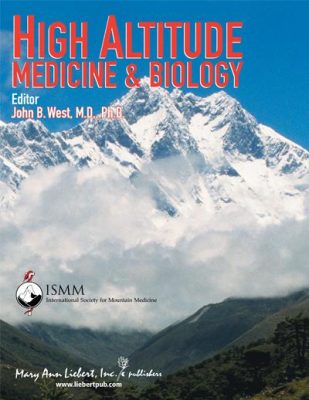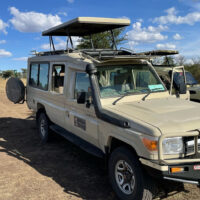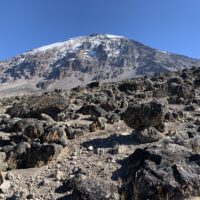Kilimanjaro comes with high risk of acute mountain sickness
10.06.2010

A study has just come out confirming what many climbers already know: summiting mountains as high as Africa’s Mt. Kilimanjaro involves a high risk of acute mountain sickness, and steady acclimatization before the final ascent is the best guard against it.
The study appears in the current issue of High Altitude Medicine & Biology, a peer-reviewed journal published by Mary Ann Liebert. Researchers at the University of Edinburgh (Scotland) and Muhimbili University College of Health Science (Tanzania) evaluated the incidence of AMS among trekkers of Africa’s highest peak by comparing the effects of three increasingly difficult and rapid ascent routes, the option of a single rest day during the climb, and use by a sub-group of climbers of prophylactic acetazolamide.
The authors reported a similar rate of AMS among climbers regardless of drug use, a finding most climbers already know anecdotally. More surprising is that a mid-climb rest day did not seem to have an affect on AMS, although we’d argue it has an affect on physical and mental stamina. The only way the researchers found to protect against AMS, given the risk of it is so high, is to acclimatize before final ascent, which is precisely why it’s so important to take things one day at a time.
In the report, the researchers found: At 2743 m 3% of the 177 climbers recruited at this altitude had AMS. Following headache, the commonest symptom reported on LLS sheets was fatigue (38%). At 4730
m 3% of the 177 climbers recruited at this altitude had AMS. Following headache, the commonest symptom reported on LLS sheets was fatigue (38%). At 4730 m, sleep disturbance was the commonest symptom described (82%). 47% of the 189 climbers on all itineraries were AMS positive.
m, sleep disturbance was the commonest symptom described (82%). 47% of the 189 climbers on all itineraries were AMS positive.
Climbing Kilimanjaro is no joke. Slow and steady definitely wins the race.



